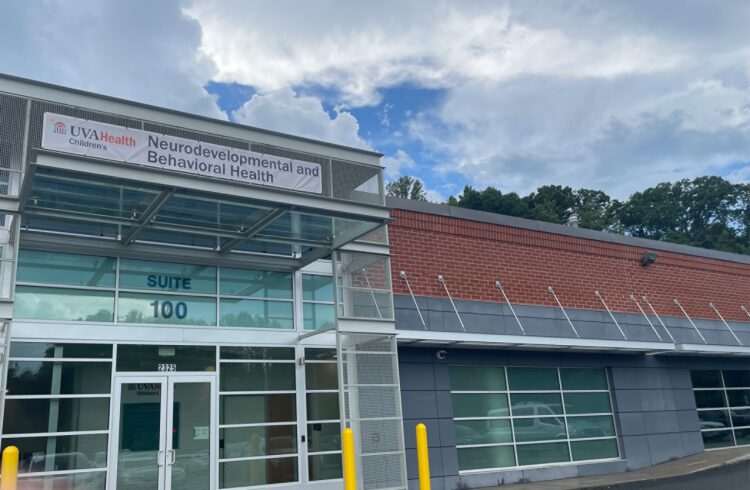
A report broadcast during the CBS Evening News on June 8 noted that one in 200 patients die during elective coronary angioplasty procedures and suggested that patients may be safest at institutions where surgical backup is readily available when complications occur. The report also noted that as many as 40 percent of the angioplasties performed may be unnecessary because patients could experience the same benefits from drug therapies.
Coronary angioplasty is widely practiced and is also known as percutaneous coronary intervention, or PCI. The procedure is minimally-invasive and performed both in emergency situations and on an elective basis. During PCI, interventional cardiologists thread a catheter up through a small incision in a patient’s groin or wrist into the coronary artery. There, they inflate a surgical balloon to clear away plaque blockages and insert stents to keep arteries open.
Michael Ragosta, M.D., Director of Cardiac Catheterization Laboratories and Director of Interventional Cardiology at the University of Virginia Health System, recommends that patients considering elective angioplasty do their homework before deciding to proceed. “Make sure you know if medications or other therapies would work just as well for you, and find out about your hospital’s PCI mortality rates, PCI experience levels and surgical back-up capabilities,” he says. “Do your best to learn about the risks and benefits of this procedure. Make the most informed decision possible.”
Ragosta offers the following information about UVA’s PCI results, experience and surgical backup capabilities:
PCI mortality
UVA recognizes the potential overuse of PCI and make every effort to be sure patients are likely to benefit before inserting stents. It has one of the nation’s lowest mortality rates for PCI – overall (elective, urgent and emergent PCI) mortality is only 0.67%, which is in the 84th percentile (with 100 being the highest) according to national benchmarking provided by the American College of Cardiology/NCDR).
Experience
UVA performs over 600 PCI procedures each year and, on average, its interventional cardiologists perform more than 75 cases a year. Studies have shown that patients undergoing procedures performed by low volume operators (<75 cases per year) at low volume institutions (<200 angioplasties per year) do not do as well as those who receive procedures performed by a high volume operator at a high volume institution.
In addition, UVA’s interventional cardiologists are recognized as national leaders in techniques such as fractional flow reserve and non-invasive imaging that have been proven to help optimize management decisions regarding angioplasty, thus minimizing unnecessary procedures.
On-site surgical backup
The issue of on-site surgical backup is an area of debate in cardiology. At the present time, the major professional societies – including the American Heart Association, the American College of Cardiology and the Society for Cardiovascular Angiography and Intervention – only recommend the performance of elective angioplasty at institutions with surgical backup. Although the need for emergency surgery is low (about 2-3 per 1,000 interventions), it remains unpredictable. Delays in transferring a patient after a failed angioplasty to an institution with bypass surgery capabilities can lead to a fatal outcome. It is important for prospective patients to understand the potential risks of undergoing PCI at an institution without surgical backup.
For more information about PCI procedures at the University of Virginia Health System, please call Dr. Michael Ragosta at (434) 924-2420 or email mragosta@virginia.edu .


